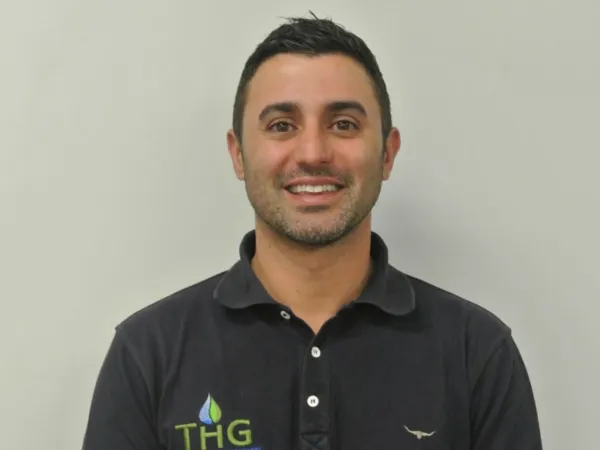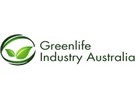Implementing best-practice hygiene and quality assurance protocols is key for businesses in nursery production to minimise contamination, remain pest and disease free, meet quality requirements and maintain market access amidst biosecurity threats.
That’s the philosophy of General Manager at Trandos Hydroponic Growers (THG), Danny Trandos, who operates a two-hectare production site, including a propagation area and laboratory facility in Neerabup, just North of Perth, Western Australia.
Operating for 80 years, THG is renowned for its rigorous plant protection techniques which deliver a high-quality product to market and ensure customer requirements are met.
This long-demonstrated commitment to biosecurity procedures was vital during the Tomato potato psyllid (TPP) incursion in Western Australia in 2017, which had a vast impact across multiple areas of horticultural production.
THG was able to mitigate this risk and remain pest free due to the robust plant protection protocols they had in place, such as consistent weed monitoring and management, ensuring all propagation equipment was sterilised at the beginning of every day and that foot bath stations and the on-site laundry were set up correctly.
However, even though the business remained clean from TPP, the initial incursion resulted in suspended trade for the business with interstate agencies stopping TPP host material from entering their jurisdiction, which led Danny to look for more innovative plant protection processes and technologies that would help the business maintain market access.

“We looked at global technologies to see what could be implemented in our business to mitigate future risk to trade. This led to the installation of insect netting on all the vents, draining and air-conditioning systems and positive-pressure spray systems. These initiatives were instrumental in rebuilding customer and government confidence and regaining market access only a year after the detection of TPP,” Danny said.
“As a business we’re committed to delivering a top quality product to market, so we need to be resilient. For us, continually innovating our plant protection protocols has been pivotal to our sustainability and growth.”
In addition to growing and supplying to one of Australia’s largest supermarket chains, Woolworths, THG is a large supplier of grafted and ungrafted seedlings to growers across Australia.
Specialising in glasshouse hydroponic production, the business aims to produce high quality and hygienic seedlings to maximise standards of production, consistency and quality assurance for growers and their customers.
“To operate as a pest free production facility and protect our business against various risk factors, quality assurance and hygiene are embedded in everything we do across irrigation, staff, plant material and our seedling division,” Danny said.
“To further minimise risk, we own and operate an on-site laboratory which is run by a qualified laboratory technician to assess nutrition, water quality and plant materials. We also engage independent auditors to assess our facilities.”
Having these processes in place allowed THG to implement one of the lowest-risk models in the nursery propagation industry, helping maintain business viability by ensuring a high-quality product is delivered to market.
“Engaging in best-practice protects both your business and your customers, which is essential when you’re supplying product locally and nationally. As a trusted business, we’ve been able to expand our customer base, attracting markets such as the high-technology glasshouse segment, and further grow our business,” Danny said.
THG’s commitment to best practice led them to achieve CA 14 Pest Free Place of Production (PFPP) accreditation under the WA Biosecurity Act 2013.
“Since the TPP incursion, our high security facility has allowed us to maintain market access and trade in all states and territories,” Danny said.
“The initial costs associated with setting up an operation like this, implementing processes, and educating your workforce can be significant and complex, but if done correctly it only strengthens your business.
“We are always looking for ways to enhance our plant protection practices. We see significant opportunities in developing unique product offerings, boosting customer confidence, and seeking new ways to address and mitigate risk.
“No business is immune to incursion. Production nurseries will face biosecurity threats at one stage or another, so industry needs to have best-practice protocols and certifications in place to mitigate risk and better future-proof our businesses.”
Implementing a robust plant protection program such as BioSecure HACCP is an effective way to manage plant protection and mitigate biosecurity risks within production nurseries and ensure businesses meet interstate market access requirements.
BioSecure HACCP was developed by Greenlife Industry Australia in partnership with Hort Innovation using the nursery industry levy and funds from the Australian Government.
To learn how your nursery business can become BioSecure HACCP accredited, please head to: http://nurseryproductionfms.com.au/biosecurehaccp-certification/
For more information: Greenlife Industry Australia
Greenlife Industry Australia
T: (02) 8861 5100
info@greenlifeindustry.com.au
www.greenlifeindustry.com.au
